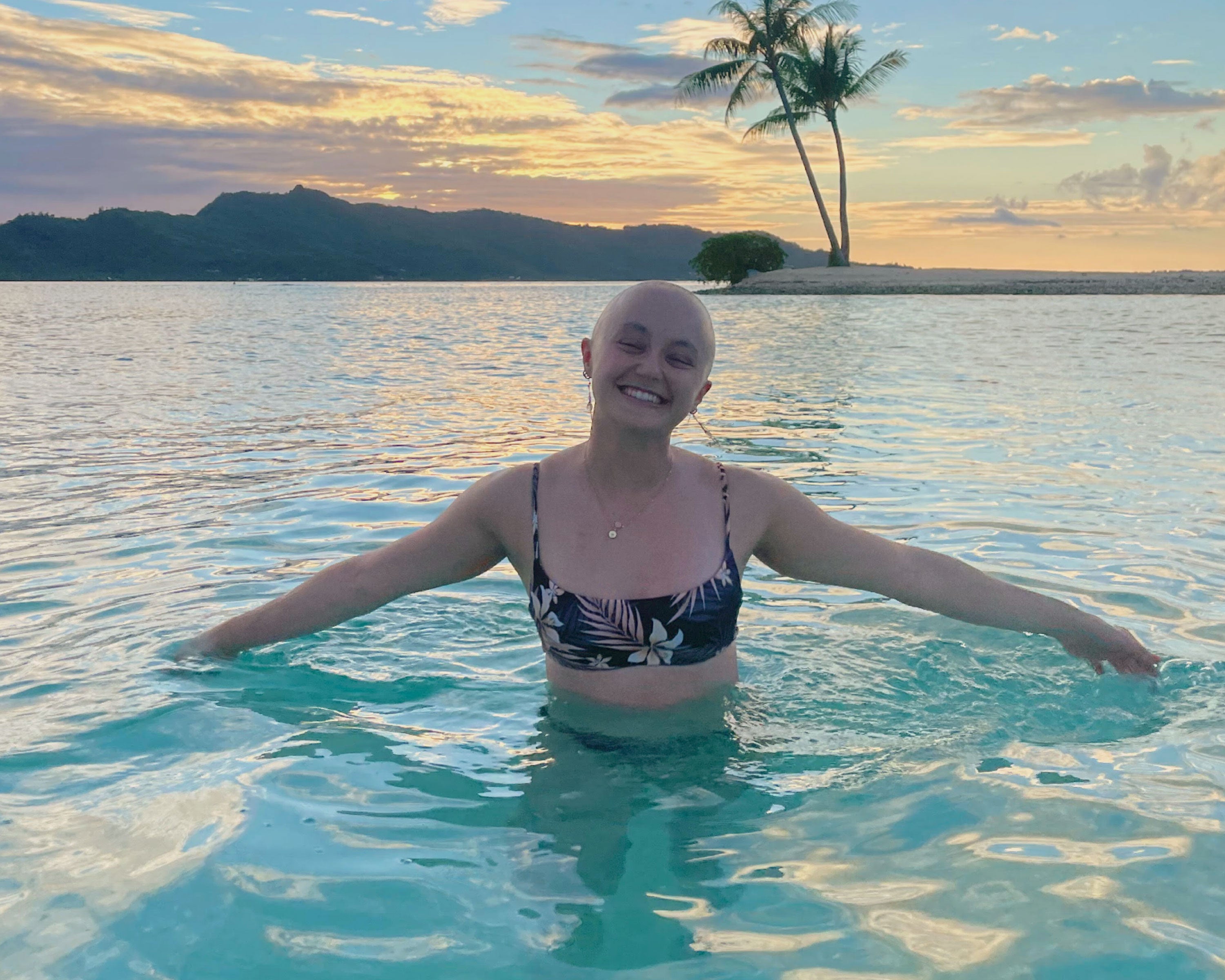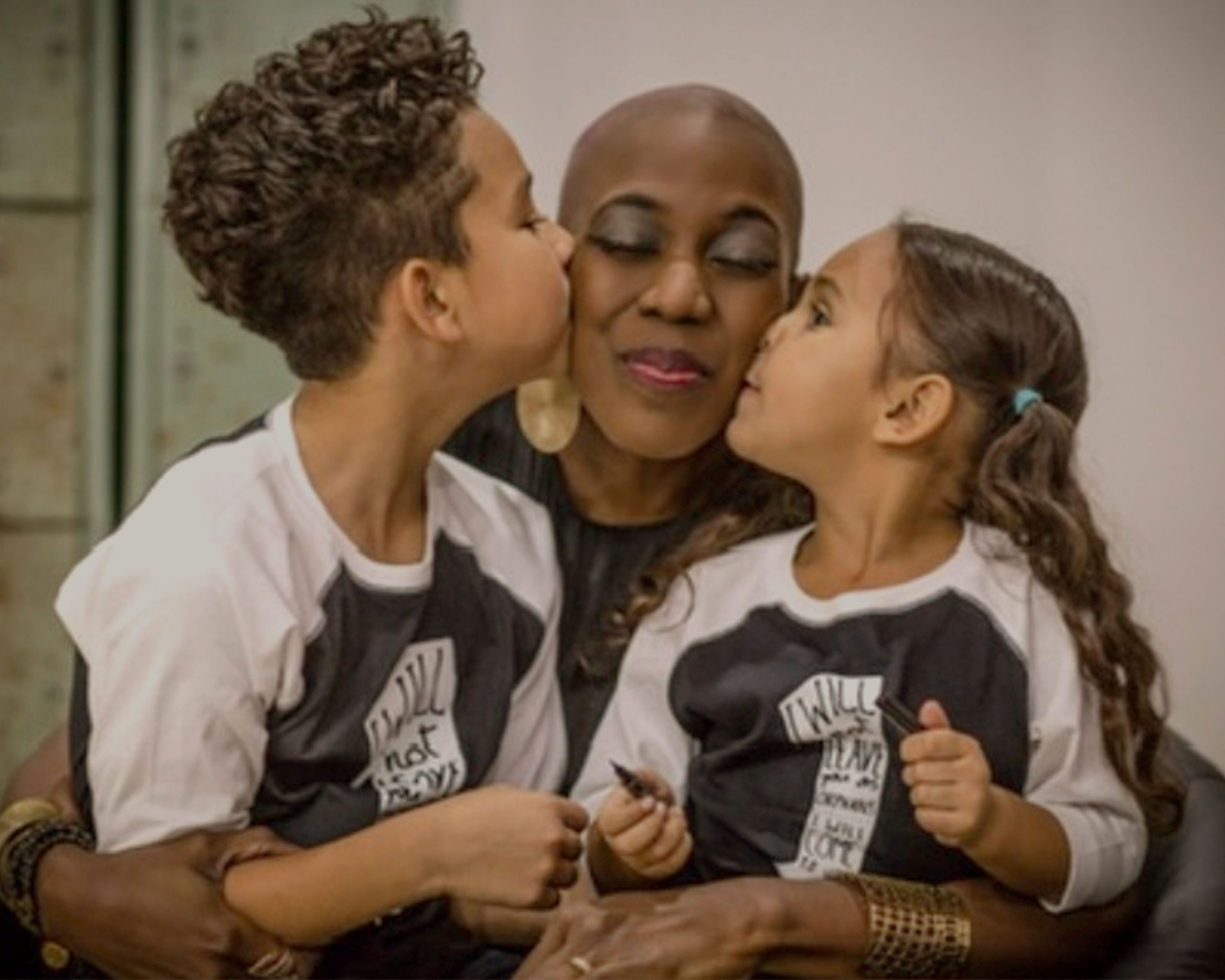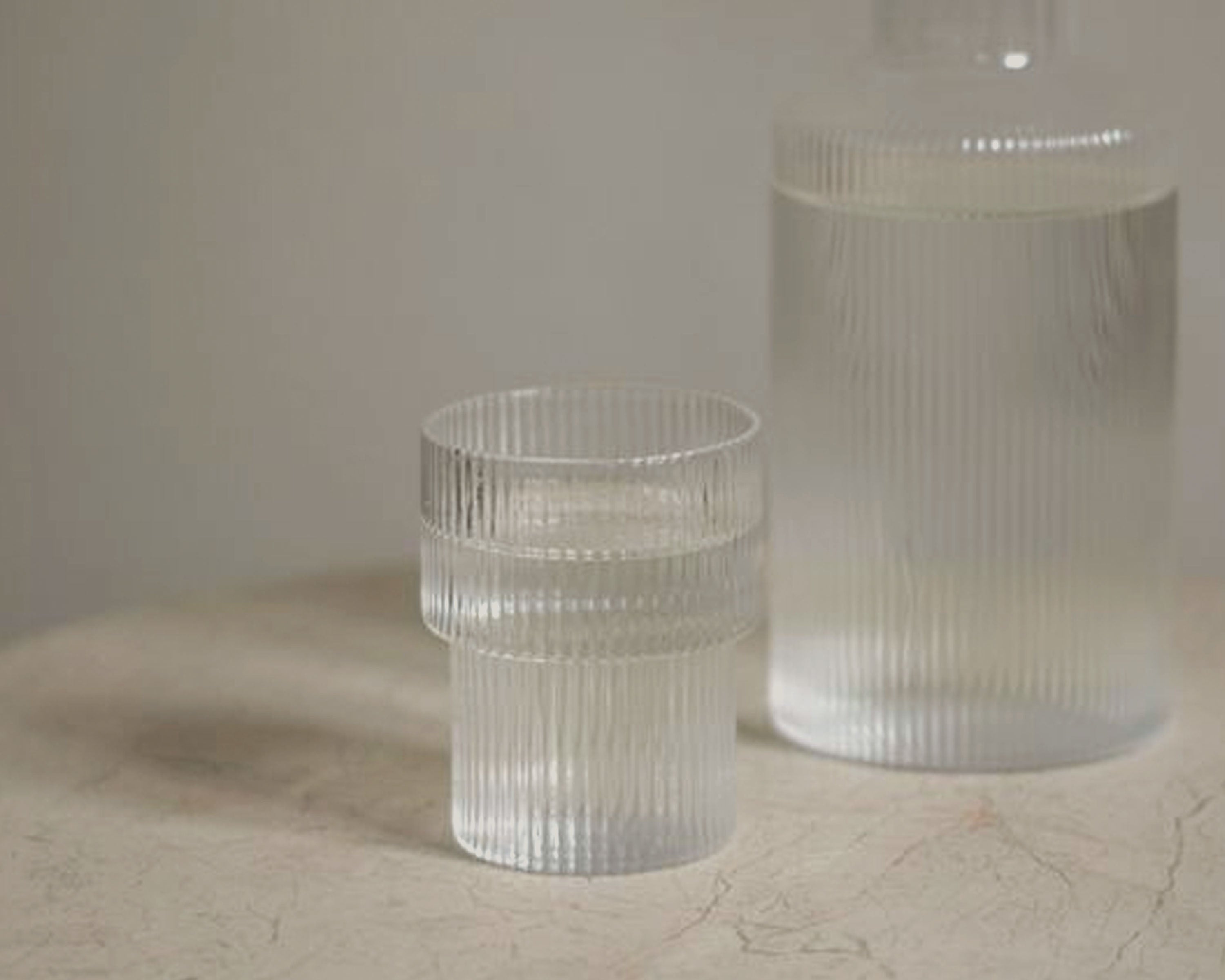My doctor is a lovely man but he pulls no punches. When he told me my cancer would probably come back after my frontline treatment, he said it would be widespread and probably really painful and aggressive. My cancer isn’t quite terminal, but it’s incurable. That means I do a constant dance between being a realist and fully understanding my circumstances, but also having a degree of rebellious hope. Within just four weeks of finishing 10 grueling months of treatment, and having a taste of being “done”, that hope was already shattered.
Somehow, even though the recurrence wasn't anything I wasn't expecting, it was still as jarring as the first time around. The truth was I thought I earned three to six months of normalcy — three to six months to build my body back up, to feel a sense of what my life was before. Because I loved my life before. I still love my life now; it's just... different. I wanted more time, but I got one month — one precious month.
On finding joy amid recurrence
Something that I've been holding on to really tightly is the fact that if I'm not enjoying my life, why do I want to extend my life? Why do you want a miserable existence to be any longer than it has to be? Cancer can't dictate how I live, whether my disease is progressing or not. Plus, I have a sarcoma, so I'm completely asymptomatic aside from lumps growing on my body, which is a bizarre experience in and of itself. I feel totally fine all the time — even if my cancer’s increasing and progressing, I still feel great. It's weird, right? I always thought that if you're sick, you're feeble, you're weak, you're pale, you can't eat, you can't move, you can't do all these things, everything hurts. Well, nothing hurts for me.
I found out I was recurrent a week before what I call my “remission rager” — a trip I had planned to Bora Bora with my family. So when I got the news that my cancer was back, I had a big decision to make. I decided to go, and I told myself, “If I’m going, I'm going to enjoy every second of it.” I knew that it was a temporary state, but that almost made it more beautiful. I slurped up every second of the trip.
On sharing news that you can have cancer… again
I've always done the rip-the-bandaid-off thing because I don't want to beat around the bush. When cancer returned, I sent texts to family, friends, people in my inner inner circle. I don't want to call everybody individually and make it any more dramatic than it is.
It helped that I had been straightforward with people close to me all along. I said, “Here's the reality of the situation. Here's what I'm up against. As people very close to me, you deserve to know because you're supporting me and loving me through this.” So when I told them the cancer was back, none of them were surprised. It wasn't as jarring for them. And that was my biggest concern — that I would bum them out or cause them to worry.
On tuning out the off-beat comments
The more attraction I get on social media, the more strange comments I receive. Comments are 99.9% beautiful, lovely, heartfelt, strong messages about how I've inspired people. And then randomly you'll have somebody tell you that the cure to cancer is drinking high alkaline water. I posted a picture once when I was neutropenic. I'd lost about 10 pounds. I was in the hospital for three or four days. I didn't look healthy. The only thing I could eat was a strip of turkey bacon and a bagel. And then you get the trolls commenting, “Don't eat Turkey bacon.” They don’t think about the fact that it might be the only hundred calories that I’ve been able to keep down all week. I used to think they were just like bots, but these are real people. You just have to laugh and not let them get to you.
On not having to “start from scratch” when cancer recurs
When I was diagnosed, I bought about 30 wigs, which is an aggressive amount of wigs. I don't recommend that to anybody, especially if you live in New York City, because where would you store them? I remember the first thing I planned to do when I finished frontline treatment was give my wigs away and just donate them. Well, at the end of my 10 months of treatment, I didn't do that. I didn’t give anything away. A part of me knew that my cancer was likely to come back and I would still need everything if I ever had to do chemo again.
Same goes for my meds. I never got rid of any of them. My bedside tables still looked pretty similar during the four weeks of “normal”. I stopped taking one supplement that I take specifically during chemo, but that was about the only change. So I didn't have this elastic snap-back to reality. The best way to describe it is that you’re on a continuum of healing. When there’s no cure, every day is like one big dream you don’t ever really wake up from.
This article is for informational purposes only and is not a substitute for medical advice, diagnosis, or treatment. Please keep in mind every individual’s situation is different, and you should not take any actions concerning your body and well-being before consulting with a healthcare professional.
Let your loved ones know what you actually need
Easily add items from the Alula shop to your registry, and share it with friends and family who ask.



